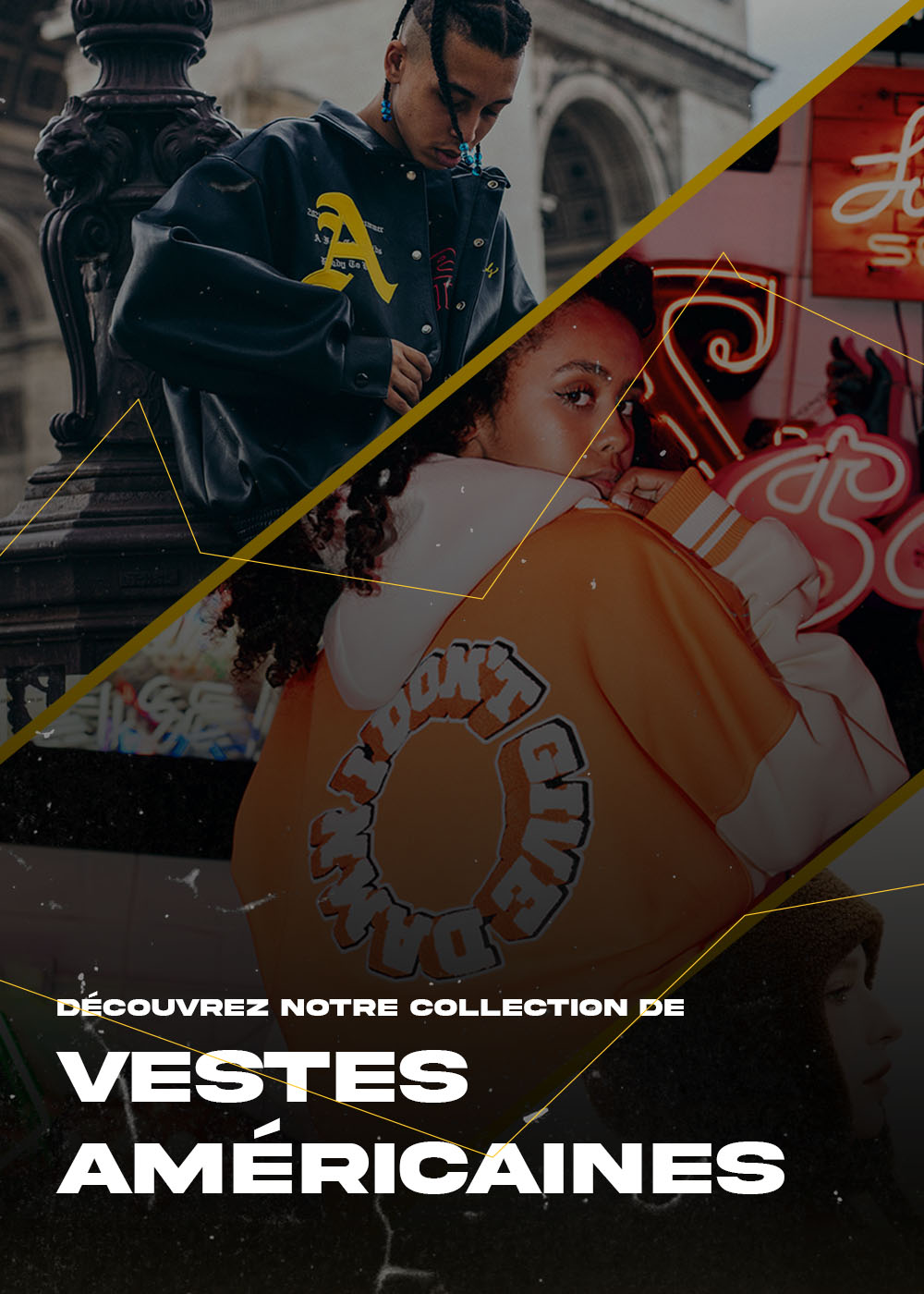Hip-hop is a musical genre that is born in the 70s in the slums of New York. However, hip-hop is not just a musical genre, it's also a culture that includes dance, graffiti and fashion. Over the decades, hip-hop has evolved to become one of the world's most popular and influential musical genres. In this article, we'll explore the evolution of hip-hop, from the 70s to the present day.
The beginnings of hip-hop
In the early '70s, young people in New York's poorer neighborhoods were looking for a way to express themselves. They began organizing block parties, where a DJ would play music for the crowd. MCs (Master of Ceremonies) began joining the block parties to announce songs and encourage the crowd. The MCs soon began to improvise lyrics to the music, creating the beginnings of rap.
The 80s: the golden age of hip-hop
In the 80s, hip-hop became a popular culture phenomenon. Rappers like Run-DMC and LL Cool J dominated the charts and radio stations. Hip-hop fashion also took off, with baggy clothes and gold chains. Breakdancers also emerged, with dance competitions held in New York's poorer neighborhoods.
The 90s: the diversification of hip-hop
The 90s saw the diversification of hip-hop. Rappers like Tupac and Notorious B.I.G. emerged, bringing darker, more introspective lyrics. Groups like Wu-Tang Clan brought a rawer, more underground sound. Hip-hop also became more political, with rappers like Public Enemy tackling issues such as police violence and racism.
The 2000s: commercial hip-hop
In the early 2000s, hip-hop experienced a commercial explosion. Artists like EminemJay-Z and Kanye West have dominated the charts and sold millions of records. Hip-hop has become a global musical genre, with artists emerging from all over the world. However, some critics have criticized the commercialization of hip-hop, claiming it has led to a loss of culture and authenticity.
The 2010s: hip-hop in popular culture
Over the past decade, hip-hop has become an integral part of popular culture. Artists such as Kendrick Lamar and J. Cole have enjoyed immense commercial success, while bringing deep and meaningful lyrical content to the table. Collaborations with pop artists such as Rihanna and Justin Bieber have become commonplace, demonstrating hip-hop's massive influence on popular culture.
The future of hip-hop
So, what does the future hold for hip-hop? It's hard to say for sure. However, hip-hop has demonstrated an incredible ability to evolve and adapt to changes in society. It's highly likely that hip-hop will continue to influence popular culture and bring unique perspectives to bear on society's problems.
Conclusion
Ultimately, hip-hop's evolution is a testament to its ability to adapt and evolve. From its humble beginnings in the block parties of New York, hip-hop has become one of the world's most popular and influential musical genres. With artists continuing to innovate and push the boundaries, hip-hop is certain to continue to be a major cultural phenomenon for years to come.
FAQ
Who is considered the pioneer of hip-hop?
DJ Kool Herc is considered one of the pioneers of hip-hop.
What's the best hip-hop album of all time?
Depending on your opinion, some albums have been considered classics of the genre, such as Nas' "Illmatic", Lauryn Hill's "The Miseducation of Lauryn Hill" and Wu-Tang Clan's "Enter the Wu-Tang (36 Chambers)".
Does hip-hop have an impact on society?
Yes, hip-hop has had a major impact on society, particularly on popular culture and young people.
What are the key elements of hip-hop?
Key elements of hip-hop include MCing (rapping), DJing (mixing music), breakdancing and graffiti.
Is hip-hop still evolving?
Yes, hip-hop continues to evolve and develop, with new artists bringing unique sounds and perspectives.
Read also: RnB: An essential part of popular culture


